What is a personal website?
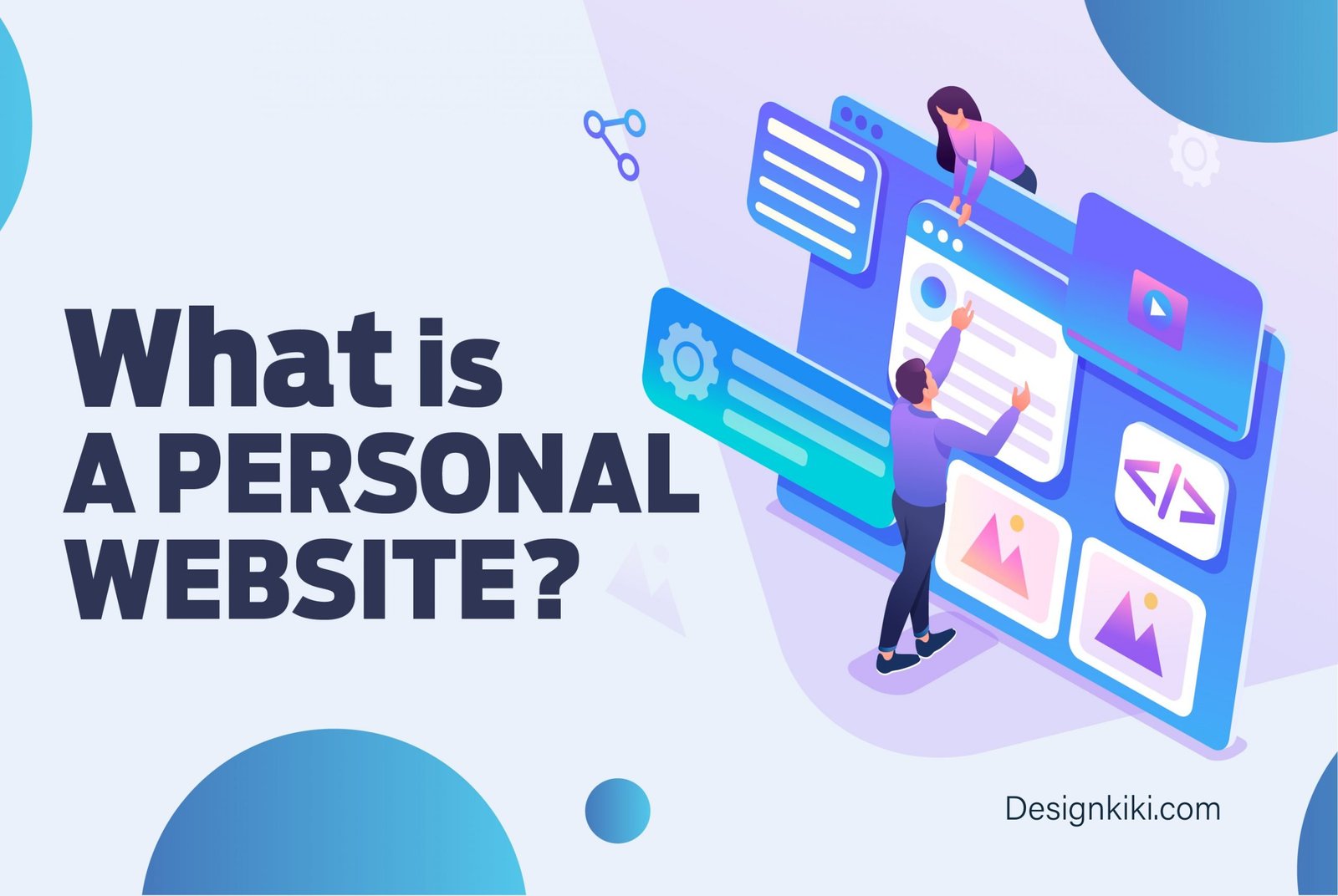
A personal website is a webpage on the internet created and run by an individual. There are generally two purposes behind creating a personal website- career marketing or promoting and expressing one’s hobbies, talents, interests, etc., over the internet.
Social purposes include blogs, pictures, videos, autobiographical content, updating family and friends about your life, showcasing your hobbies and skills, publishing your opinions on news and other events, etc.
But in the professional world, a personal website is an excellent way of placing yourself ahead of your competitors. Everyone has a resume or a CV, but very few have a personal website. Now that purchasing a domain is so easy and cheap, having a personal website has become as easy as having a Facebook account.
So, here are some convincing reasons why you too should have a personal website.
1. Control your image:

When you apply for a new job or start a new business, prospective employers, investors, and other interested parties would want to know more about you. They would like to know you beyond the scope of a resume, and their first instinct would be to google you. We have all googled people at some point in our lives. It is wise to get yourself a domain and make a personal website to control what people find out about you on the internet. They will find out precisely what you would like them to do. Having a personal website will elevate your image in the eyes of other people.
2. Gain a competitive edge:
As I mentioned earlier, every Tom, Dick, and Harry applying for that same job will have an impressive resume. But how does one stand out of the hundreds of resumes hiring managers receive? This is where a personal website comes in handy. It allows the recruiter to know you better personally as well as professionally. There might be certain things that you can’t put on your resume because it is unconventional or risky. But a personal website has no such limitations.
3. Personal branding:

If you are a professional such as a lawyer, consultant, doctor from a management background, etc., practicing independently, it might be helpful to build a personal brand. If you can establish yourself as a professional and brand, it shows confidence, sincerity, and outstanding professionalism.
4. Gateway:
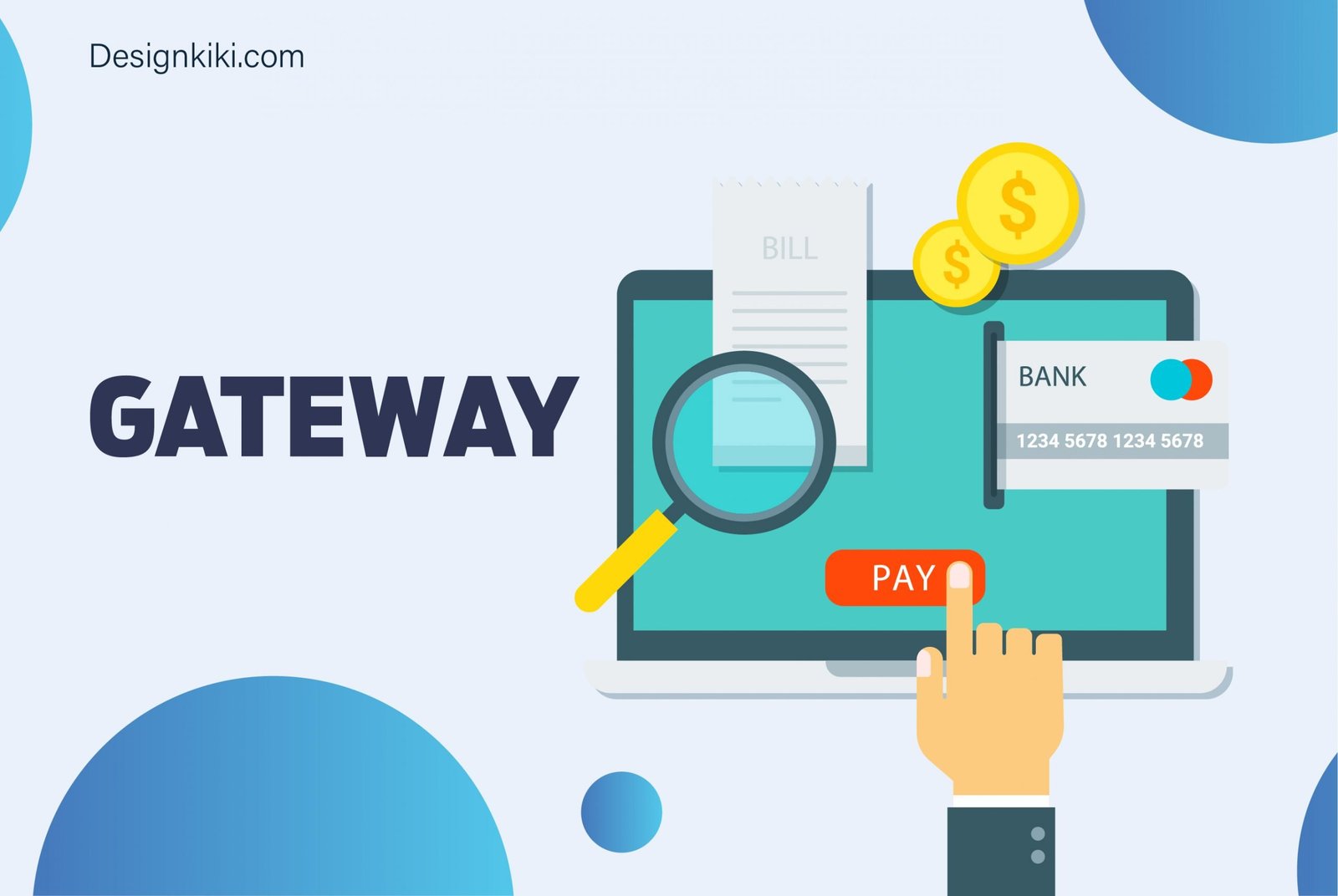
Nowadays, the process of hiring has expanded beyond the scope of resumes and interviews. Employers would want to check you out on LinkedIn, your blogs, interviews, publications, etc. However, it might be challenging to find a particular person on such large media platforms. A personal website can act as a gateway to your social media presence. You can provide links to all your social media accounts. Not just that, You can also link your previous works and references as testimonials.
Tips for creating a personal website
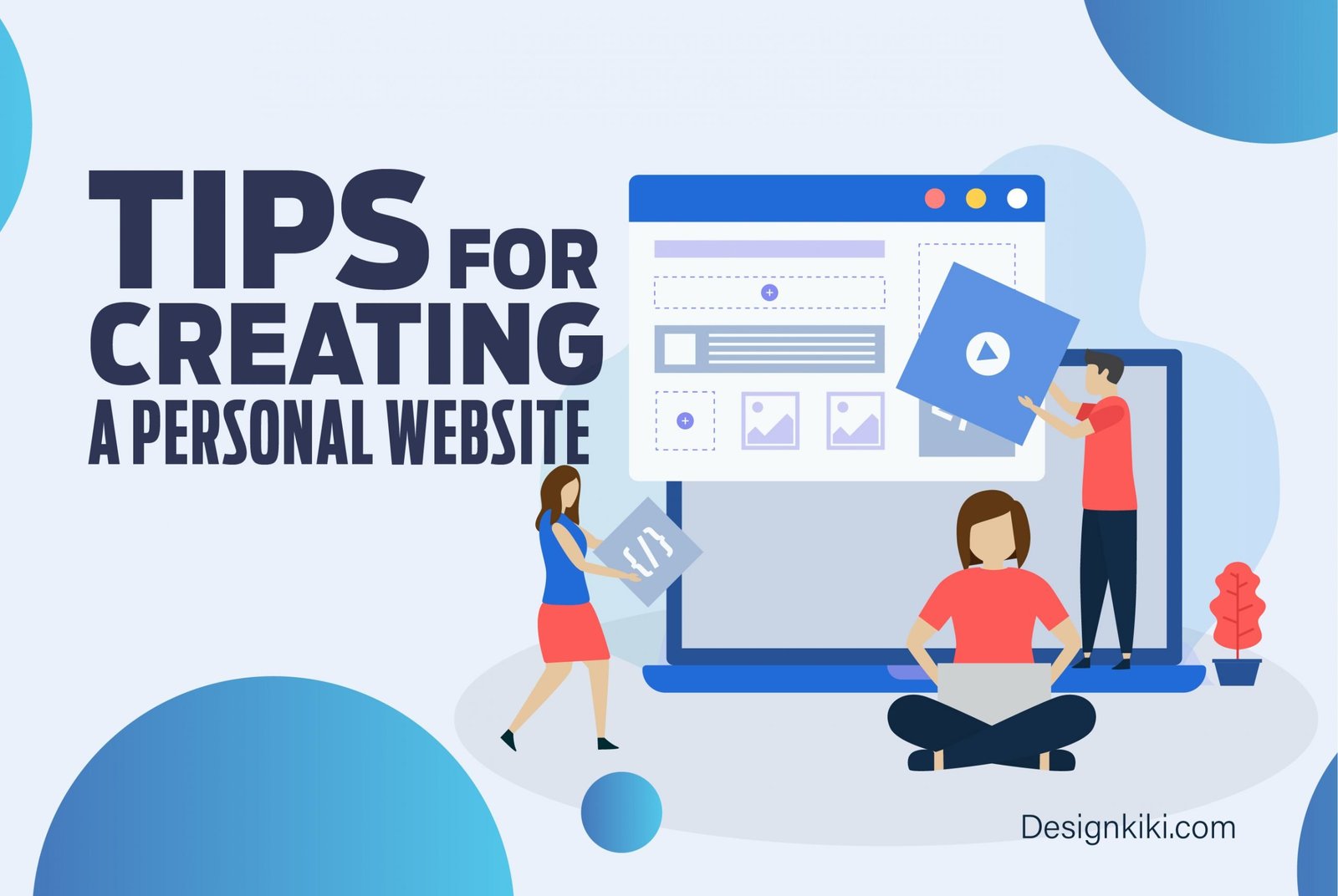
Work and references:
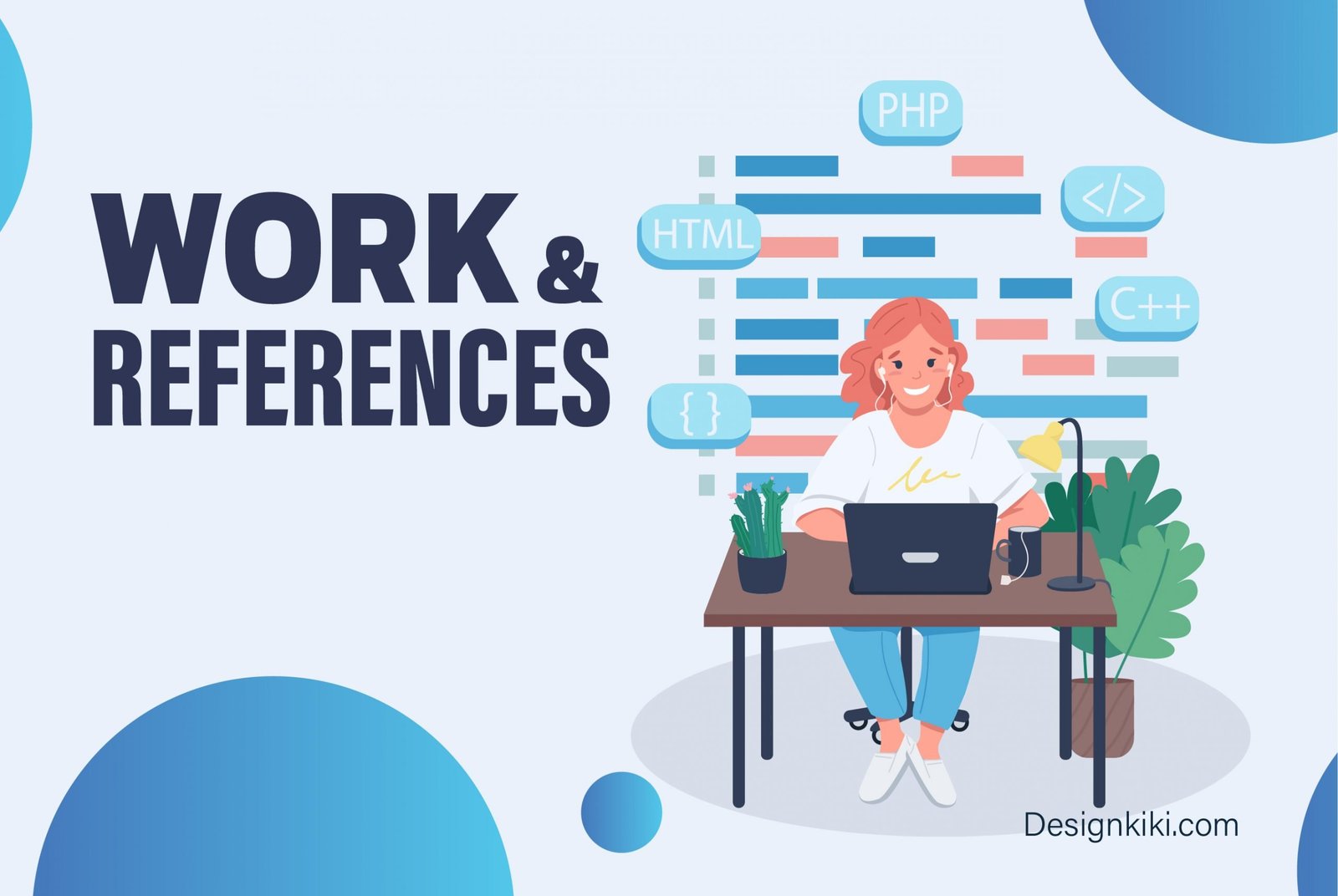
Include only your best work on your website. It is unnecessary to list in all of your previous work, Only the best of the best. You can also include references and testimonials from people who have experience working with you. Avoid overly sugarcoating things. It must sound natural and authentic. Do not try to boast.
Imagery:

A professional website is a perfect place to give a face to a two-dimensional resume. It does not have to be all text and reading. You can include a personal logo and professional pictures of yourself. Do not use stock photos, clipart, and other generic graphics. It comes off as lazy and improper.
Your socials:

As I stated earlier, you can use a personal website as a gateway to your online presence. Therefore, it is very important to link all your professional accounts on the website. That being said, do not include personal accounts. A recruiter has no business seeing what you were doing last weekend or how many pets you have. Keep it strictly professional!




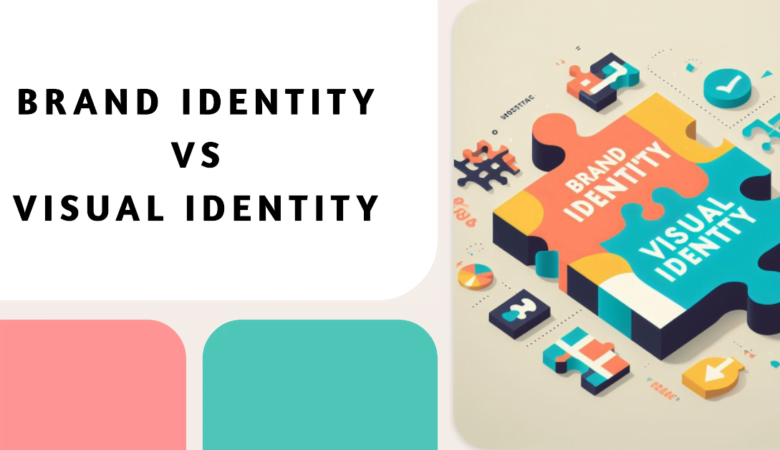





Leave a Reply